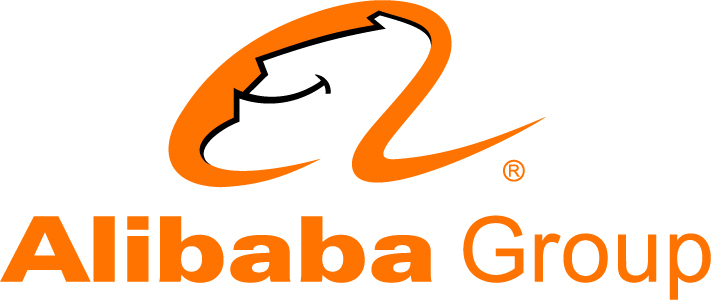In today’s fast-paced and ever-evolving world of e-commerce, Alibaba has emerged as a dominant player, revolutionizing the industry and capturing global attention. However, as an astute investor, it’s crucial to consider alternative platforms that can offer unique advantages and opportunities.
In this article, we will delve into the rise of Alibaba, understand the need for alternatives, compare some top contenders, and explore other prominent alternatives worth considering.
So buckle up and get ready to expand your investment horizons!
The Rise of Alibaba and Its Dominance in the E-commerce Market
Alibaba, founded by Jack Ma in 1999, has become a powerhouse in the global e-commerce market. With platforms like Taobao, Tmall, and AliExpress, Alibaba caters to diverse consumer needs and connects businesses worldwide. Their innovative logistics and secure payment systems have built trust among consumers.
In China, Alibaba transformed commerce by bringing small businesses online and pioneering events like Singles’ Day. Globally, it facilitates trade between China and the rest of the world, inspiring other nations to embrace e-commerce for economic growth.
Alibaba’s comprehensive ecosystem and global influence solidify its dominance in the e-commerce market.
Understanding the Need for Alternatives to Alibaba
Relying solely on Alibaba has limitations and drawbacks. Overreliance on one platform exposes investors to risks if market dynamics change or competition intensifies. Alibaba’s focus on the Chinese market may limit its growth potential in other regions and make it vulnerable to geopolitical tensions or regulatory changes.
To mitigate these risks, diversification is a smart investment strategy. Spreading investments across different platforms reduces exposure to one entity’s performance or market conditions.
Exploring alternative platforms offers unique advantages such as access to untapped markets, diversified product offerings, superior logistics capabilities, or innovative business models.
Not only does exploring alternatives benefit investors, but it also fosters healthy competition within the e-commerce industry. Competition drives innovation and ensures that no single platform holds excessive control over the market.
Comparing Top Alternatives to Alibaba
When looking for alternatives to Alibaba, two major contenders are Amazon and JD.com.
Amazon has an unparalleled global presence and a wide range of products. Its strong foothold in Western markets gives it an edge in international reach and consumer trust. With a marketplace model, Amazon offers a diverse ecosystem and efficient logistics network.
JD.com, often called the “Amazon of China,” is a rising star in the domestic market. Its focus on quality control and direct sales sets it apart from Alibaba’s marketplace model. JD.com’s vertically integrated logistics network ensures efficient delivery, while its commitment to authenticity earns consumer trust.
Both alternatives have their strengths and weaknesses. Amazon’s extensive global reach and diverse product range make it a strong choice, while JD.com’s quality control and focus on the Chinese market offer unique advantages.
Other Prominent Alternatives to Consider
When exploring alternatives to establish a successful online business, it’s crucial to consider platforms beyond the mainstream options. Here are three notable alternatives that offer unique opportunities in different regions and markets:
Shopify is an excellent choice for investors looking to tap into the potential of small businesses globally. With its user-friendly platform and comprehensive e-commerce tools, entrepreneurs can efficiently set up and run their online stores.
Shopify’s customizable themes, seamless payment integration, and robust inventory management system make it a preferred option for businesses focusing on growth.
Rakuten, Japan’s largest e-commerce company, serves as a gateway into the lucrative Asian market. Its diverse portfolio includes e-commerce, fintech, digital content, and more. By leveraging its extensive network and local expertise, Rakuten provides valuable insights into consumer preferences in Asia.
The integrated ecosystem allows businesses to access multiple channels simultaneously while benefiting from cross-promotion opportunities.
MercadoLibre is a leading player in Latin America’s rapidly growing e-commerce landscape. With tailored services and local expertise, MercadoLibre offers an attractive opportunity for investors seeking exposure to this high-potential market.
The platform provides online marketplaces, payment solutions, and logistics support across 18 countries, making it easier for businesses to navigate the unique challenges of operating in Latin America.
By considering these alternative platforms alongside well-known options, entrepreneurs and investors can expand their reach and thrive in new markets.
Conclusion: Exploring the Best Alternatives to Alibaba
[lyte id=’Ihjy6VLtvKQ’]




